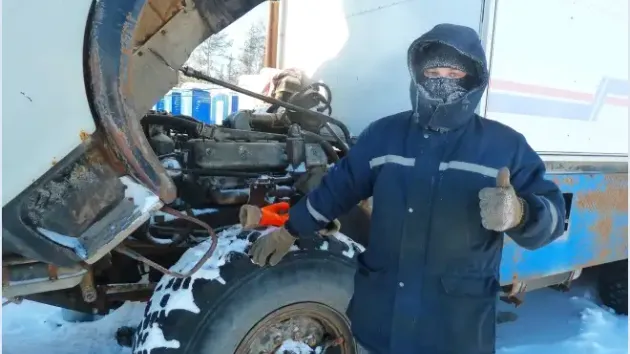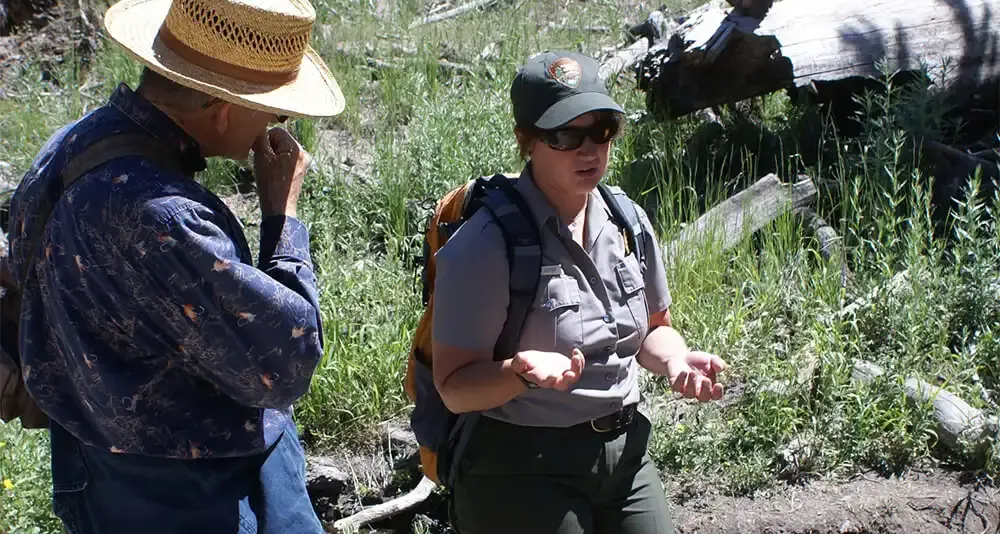Introduction
Camping can be done as a hobby or as part of a job, but without the proper training, both amateur and professional campers can become seriously injured and may even lose their lives. From wildlife encounters to vector-borne diseases, physical hazards, extreme weather conditions, and fire outbreaks, campers must learn how to handle common risks, especially if they tend to travel to remote areas.Potential Hazards
The most noteworthy risks typically associated with camping include:
Encounters with Dangerous Wildlife.
Bears are known to reside in several camping regions throughout Canada and can become life-threatening in certain circumstances. Although bears are not necessarily aggressive animals, they might charge at people if they feel threatened or, in rare cases, to demonstrate their prowess. In case avoiding a bear is no longer possible, campers must know how to identify a bear’s intention in order to quickly decide on the best course of actions. Other dangerous wildlife that may pose a risk for Canadian campers include snakes, cougars, wolves, moose, and elk.Exposure to Vector-Borne Diseases.
While camping, people expose themselves to bacteria, viruses, and parasites carried by rodents, as well as insects such as mosquitos, ticks, mites, lice, and others. Lyme disease is of particular concern for campers because, even though it can be cured when detected early, complications often occur that can take up to several years to fully heal. Malaria, the West Nile virus and Dengue fever are just a few additional examples of vector-borne diseases that might affect campers.Unpredictable Weather.
Thunderstorms, lightning, flash floods, as well as extreme heat or cold can become dangerous for campers who are unable to find shelter in time. Although constantly checking the weather forecast can help people avoid these phenomena, weather tends to be fickle and the forecast may not always be correct. Heat stroke and hypothermia are two conditions that are especially dangerous for campers who are not familiar with the early symptoms or are unable to treat them.Fires.
When left unattended, a camp fire can extend to nearby flammable materials – such as paper, clothes, and wrappers – and eventually run out of control. This can injure the unaware camper, as well as cause tremendous damage to the forest itself. Campers must therefore be able to isolate a fire from flammable objects, create a barrier made of rocks – when this is possible – and ensure that the fire is positioned at a safe distance from the tent(s).
Incident Prevention
Although camping can be a dangerous activity, most of the risks associated with this hobby are preventable if all people involved are properly trained prior to their excursion into the outdoors. Bears, for example, become especially aggressive when they are taken by surprise, which is why campers should always make a lot of noise while in bear country and constantly keep a lookout for dangerous animals. It’s also advisable that all leftovers are cleaned up before the evening so that hungry bears are not accidentally drawn to the camping site.
Exposure to insects and vector-borne diseases can be mitigated when repellents are used, but this doesn’t mean that campers who use such products are entirely safe. During a trip in the outdoors and shortly afterwards, campers should pay attention to any signs of disease so as to facilitate an early treatment when necessary.
Finally, campers should always check the weather forecast, especially when they change locations during a trip. Furthermore, they must prepare for unpredictable weather events by learning the way to the nearest shelter before an emergency occurs.
Recommended Safety Courses



What You Can Do to Stay Safe
Regardless of whether camping is a hobby or a job for you, the first step to ensure that your trips are safe is to undergo proper training. Only once you are familiar with the dangers of camping can you assess possible risks and preserve your safety, as well as that of your friends, loved ones, or clients. If camping is part of your work routine, then your employer is required by law to provide access to the necessary safety courses.
For a more detailed list of safety courses best suited for campers, please consult our Logging and Forestry industry page.



